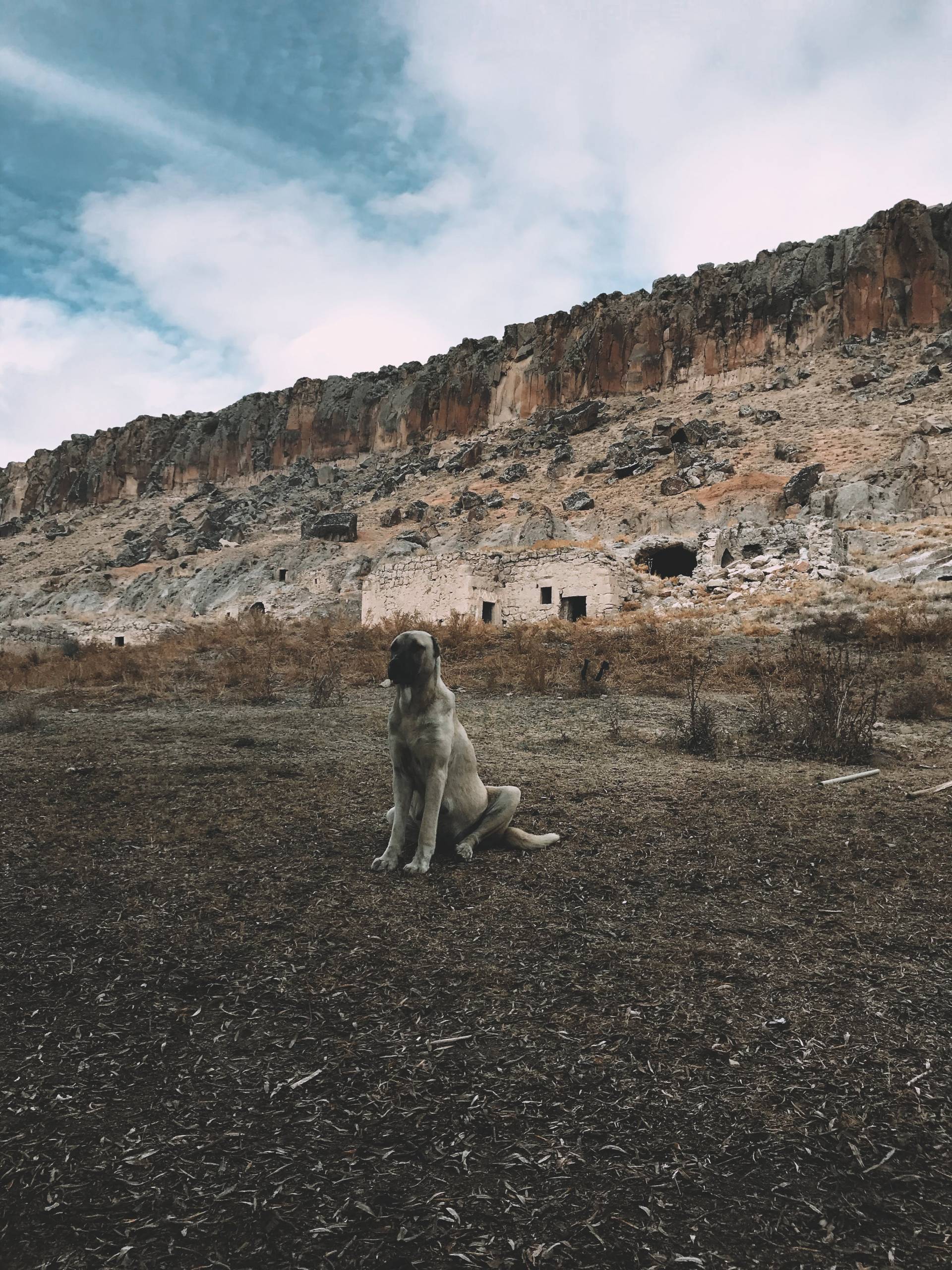
Hiccups are a natural physiological response that occurs when the diaphragm, the muscle that separates the chest cavity from the abdominal cavity, spasms involuntarily. This spasm causes a quick intake of air, which then causes the vocal cords to close, resulting in the familiar “hic” sound. While it might be a common occurrence for humans, it’s natural to wonder why our beloved canine companions experience hiccups too.
When it comes to our furry friends, there are a few reasons why hiccups might occur. One common cause of hiccups in dogs is eating or drinking too quickly. Just like us, when dogs consume their food or water hastily, they can end up swallowing a lot of air, which can irritate the diaphragm and lead to hiccups. This is particularly common in puppies who are still learning to regulate their eating habits. Additionally, hiccups can also be triggered by excitement, stress, or even temperature changes.
Another reason for hiccups in dogs is their tendency to explore the world around them using their mouths. When they investigate new toys, chews, or even random objects, they might accidentally swallow air along with these items, leading to hiccups. Furthermore, just like humans, some dogs may experience hiccups due to underlying medical conditions. Gastrointestinal issues, respiratory problems, or even parasites could potentially lead to hiccups in dogs. If your dog experiences frequent or prolonged hiccups, it’s important to consult with your veterinarian to rule out any underlying health issues.
So, what can you do when your furry friend experiences hiccups? One of the simplest ways to help your dog through a bout of hiccups is to keep them calm and relaxed. By reducing any potential sources of excitement or stress, you can help their body settle down and alleviate the hiccups. If your dog’s hiccups are due to eating or drinking too quickly, consider using specialized slow-feed bowls or puzzle toys to encourage slower eating habits and reduce the intake of excess air.
In the case of persistent or frequent hiccups, it’s always best to seek guidance from a professional. Your veterinarian can assess your dog’s overall health and provide specific recommendations tailored to your pet’s needs. Remember, while hiccups might appear amusing or even endearing, it’s essential to pay attention to your dog’s well-being and seek professional advice when necessary.
In conclusion, hiccups in dogs are generally harmless and often occur due to common occurrences like rapid eating, excitement, or exploring the world around them. However, if hiccups persist or become frequent, it’s crucial to consult with a veterinarian to ensure your furry friend’s health and well-being. By understanding the reasons behind your dog’s hiccups and taking appropriate measures, you can ensure that your canine companion remains happy, healthy, and comfortable.[/fusion_text]



